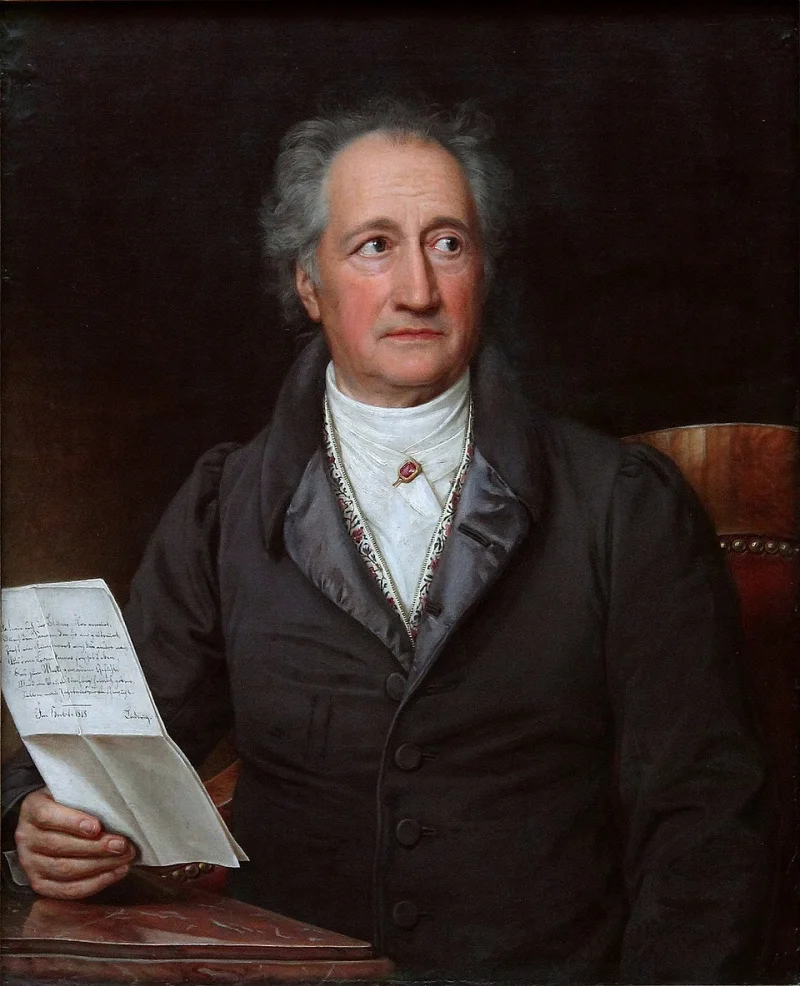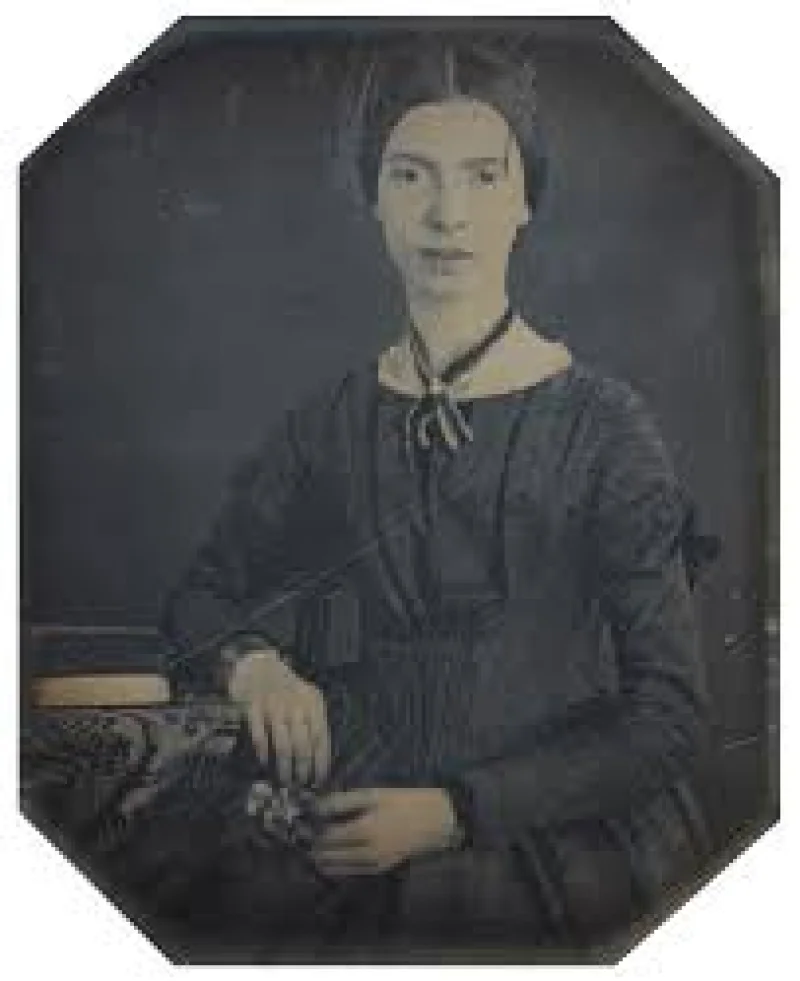Short Summary
Johann Wolfgang von Goethe was a German writer, poet, and statesman whose work had a significant impact on European literature and philosophy. He is best known for his literary masterpiece "Faust," as well as his novels, plays, and scientific writings. Goethe’s intellectual pursuits and contributions to the Sturm und Drang literary movement established him as a towering figure in German culture. His works continue to be celebrated for their depth, insight, and artistic beauty.
Early Life & Education
Johann Wolfgang von Goethe was born on August 28, 1749, in Frankfurt am Main, Germany, into a wealthy bourgeois family. His father, Johann Caspar Goethe, was a lawyer and his mother, Katharina Elisabeth Textor, came from a prominent family of councilors. Goethe received a comprehensive education at home, where he learned several languages and was exposed to literature, art, and science. He later attended the University of Leipzig, where he studied law, but his true passion lay in literature and poetry. During these formative years, he was influenced by Enlightenment thinkers and the works of Shakespeare, which shaped his early literary endeavors.
Career Highlights
Goethe's career was marked by his diverse intellectual pursuits and significant contributions to literature. His early work, "The Sorrows of Young Werther," published in 1774, gained him immediate fame and established him as a leading figure in the Sturm und Drang movement. In 1775, he moved to Weimar, where he served as a statesman for the Duke of Weimar, Carl August. His tenure in Weimar allowed him to engage with various fields, including science, art, and literature. Goethe’s magnum opus, "Faust," was published in two parts in 1808 and 1832 and remains a seminal work in world literature.
Major Achievements
- Authored "Faust," a two-part dramatic work that explores themes of ambition, love, and redemption.
- Published "The Sorrows of Young Werther," a novel that became a defining work of the Sturm und Drang movement.
- Contributed to the development of the theory of colors, challenging Newton's views on light and color.
- Served as a statesman in Weimar, influencing cultural and political life in the region.
- Produced a wealth of poetry, essays, and scientific writings that continue to be studied and celebrated.
Famous Quotes
- "Whatever you can do or dream you can, begin it. Boldness has genius, power, and magic in it."
- "Knowing is not enough; we must apply. Willing is not enough; we must do."
Interesting Facts
- Goethe was a polymath with interests spanning literature, science, and philosophy.
- He had a keen interest in botany and conducted scientific studies on plant morphology.
- Goethe's influence extended beyond Germany and inspired writers and thinkers worldwide.
- His novel "Werther" was so influential that it inspired a wave of Werther-themed merchandise.
- He maintained a long-standing friendship with Friedrich Schiller, another prominent German writer.
Legacy / Influence
Goethe's influence on literature, art, and science is profound and enduring. His works have inspired countless writers, poets, and thinkers across the globe, and his ideas continue to be explored and analyzed. The themes and characters in his writings have become archetypes, shaping cultural narratives and artistic expressions. His scientific contributions, particularly in the field of color theory, remain significant in both artistic and scientific communities.
FAQ
Q: Why is Johann Wolfgang von Goethe famous?
A: He is famous for his literary works, especially "Faust," and his contributions to the Sturm und Drang movement.
Q: What did Goethe study at university?
A: He studied law at the University of Leipzig, although his primary interests were in literature and the arts.
Q: What is "Faust" about?
A: "Faust" is a dramatic work exploring themes of ambition, human desire, and the quest for knowledge, centered around a scholar's pact with the devil.
Q: How did Goethe influence science?
A: He challenged conventional views on light and color, contributing significantly to the field of color theory.










